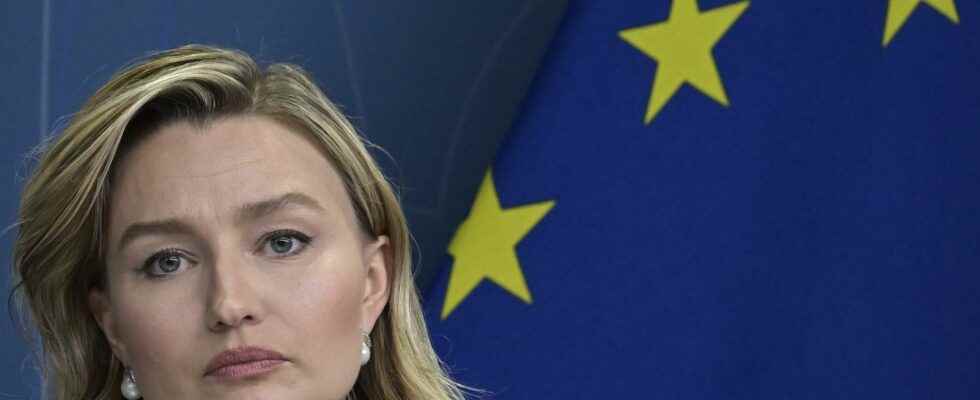Published: Just now
The government is going ahead with the proposal to cover with secrecy who receives the most electricity subsidies – despite massive criticism from the Legislative Council.
The council points out that the right to access public documents is one of the cornerstones of Swedish democracy.
– I do not take this criticism lightly, but in this difficult balance, we think it outweighs the secrecy of everything, says Minister of Energy and Industry Ebba Busch (KD).
In December, the government decided on a legislative council referral that secrecy should prevail in the Social Insurance Agency’s handling of the upcoming electricity price subsidy. It is thus proposed to make it secret who can receive support and with how much.
In the intervening days, the Legislative Council came up with its opinion, where the bill was sawn straight through – both the consultation time given and the substance of the proposal.
The referral time for one memorandum was a week and for the other in practice only half a day, which cannot be considered acceptable, according to the expert body.
Civil control
In addition, the Legislative Council highlighted the fact that public documents constitute “one of the cornerstones of our democratic state” and that access facilitates free opinion formation, a free and fact-based debate on various social issues as well as the civic control of the exercise of public power.
But the government therefore believes that the “privacy interest” and the interest of individuals must be set against this, and that information on electricity consumption is not normally public.
The Law Council also saw this: “Publicity of actions is the starting point and there is no independent privacy interest.”
Energy and Industry Minister Ebba Busch now announces that the government is proceeding with the secrecy of the electricity subsidy, despite the criticism.
– There is no one who has signed an agreement with an electricity trading company that has a certain consumption, who has thus approved that this is a consumption that the entire Swedish people must take part in, she tells TT.
– I also understand and respect the criticism of the tight time frame, but in other parts of the country people are screaming that this needs to come now. And it is on the side of the Swedish people that I stand here.
Already public
Both the Chancellor of Justice and the law faculty board at Lund University as well as the Journalists’ Association wrote in their consultation responses that the data on electricity consumption cannot be so privacy-sensitive that the interest in protection outweighs transparency.
The government objected that data on electricity consumption and paid electricity subsidy together could give a picture of habits, lifestyle and finances and could be used in sales campaigns.
The Legislative Council points out that it is already possible today to request information about a person’s consumption if you are a customer of a municipal electricity network company, and the Housing Authority also has such information in the form of energy declarations for buildings.
The legislation is supposed to come into force on 1 February.
